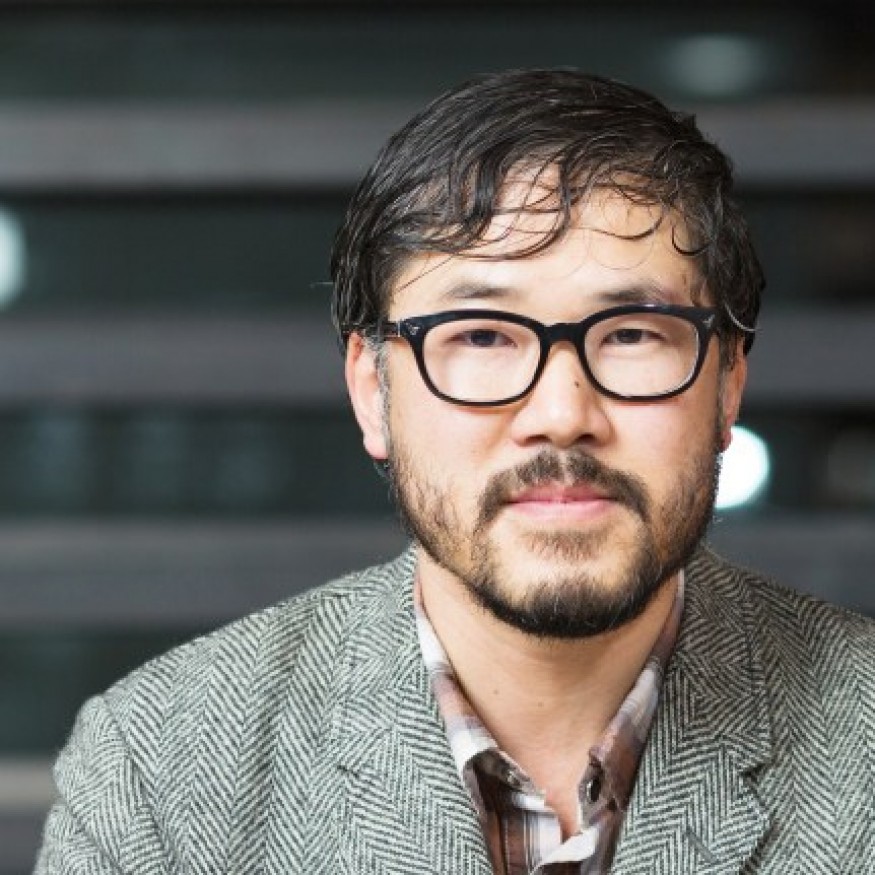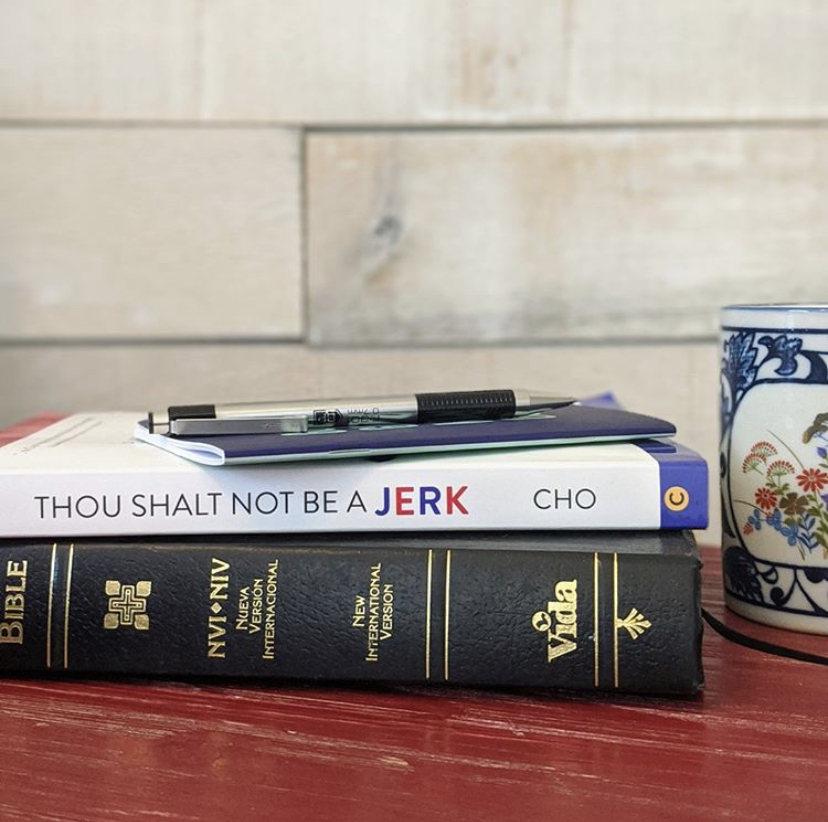As we think about what biblical welcome looks like, we have to wrestle with our role in having difficult conversations about immigration and refugee issues, about policy and politics, and about what loving our neighbor really looks like. We asked Pastor Eugene Cho, author of “Thou Shall Not Be a Jerk: A Christian’s Guide to Engaging Politics” to help us think through some of these issues. Here is an excerpt from that webinar on the difference between peacemaking and peacekeeping.
I think that we can hold to convictions, be bold, be courageous – but also be civil, respectful, empathetic. We can do these things collectively, even though it feels like in our current context, in our current culture, that it is possible. I think Christians have to demonstrate a better way, a better path.
There’s a difference between peacemaking and peacekeeping. Peacekeeping might be, “it works well for me, so let’s not rock the boat.” We have to acknowledge privilege is part of the world we live in. For me, as a man, I know that I have a certain privilege that women might not have to worry about. I can work out in the evenings here in Seattle and not have to worry about my physical safety. My daughters of my wife, they have to worry about those things.
I think we can acknowledge there is privilege, and if we have privilege then maybe our default is to think more about peacekeeping. “It’s working really well for me. Why do we want to rock the boat?” This is where it comes down to the fundamental question, “Who is my neighbor?” that Jesus wrestled with. There’s a reason why all the examples that Jesus uses about loving your neighbors tend to me people that were ostracized and marginalized during that time.
So when we say, “Love your neighbor,” What the Bible is trying to say is we’re called to love those that don’t just look like us, feel like us, worship like us, and even vote like us. What a challenge in our time today, but that’s what it means to love our neighbors.
Peacemaking, then, thinks, “Who are the folks that are maybe pushed out, that are forgotten, that are not heard?” And because we believe theologically in the Imago Dei, that every single human being is created in the image of God, the path that God is calling us to is not an easy one. Being a follower of Jesus is not an easy path. We’re called to demonstrate a welcoming, a radical hospitality, a generosity that is counter-cultural.”

In this election year, we may wonder how to engage with others in loving ways, especially when we disagree about important topics. We may be uncertain how to listen, how to speak up, or how to pray. This webinar is a great place to wrestle with those questions and more. Watch the entire conversation with Pastor Eugene Cho here.\

 This resource answers the most common questions Christians have about immigration and equips you to engage conversations with biblical clarity, truth, and grace.
This resource answers the most common questions Christians have about immigration and equips you to engage conversations with biblical clarity, truth, and grace.